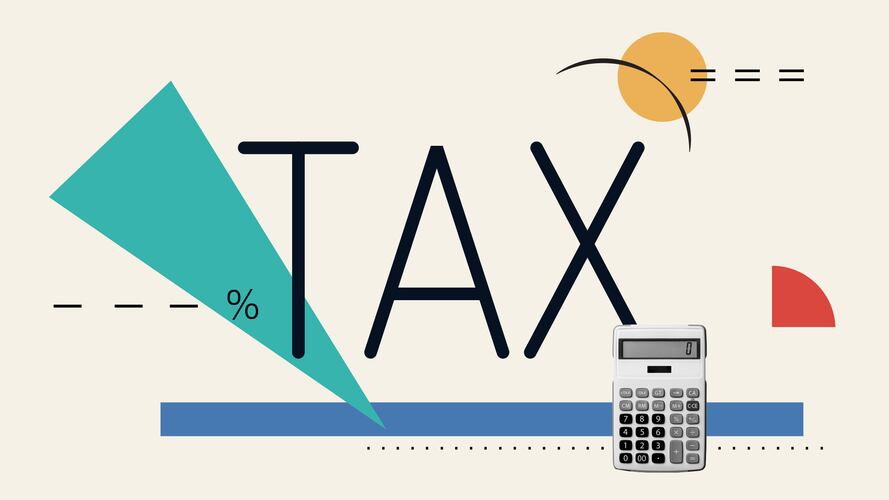URGENT UPDATE: New tax legislation known as H.R.1, or the One Big Beautiful Bill Act, is set to bring significant changes to taxpayers starting in 2025. Financial advisors must be aware of these developments now to effectively guide their clients through the evolving tax landscape.
The most notable adjustments include increased standard deductions, changes to the State and Local Tax (SALT) deduction, and new incentives for seniors. While the bill largely extends the tax cuts established in 2017, it introduces critical modifications that could impact client financial strategies.
Standard Deduction Increases: The standard deduction will rise from $15,000 to $15,750 for single filers, and from $30,000 to $31,500 for married couples filing jointly. This adjustment may lead to fewer individuals choosing to itemize deductions. Advisors should consider strategies like “bunching” itemized deductions to maximize tax benefits.
Significant SALT Deduction Changes: The previous limitation of $10,000 for state and local tax deductions will increase drastically to $40,000 in 2025. This amount will also increase by 1% each year until 2029, before reverting to the lower limit in 2030. Clients in high-tax states could see itemized deductions rise significantly, making it essential for advisors to evaluate potential withholding adjustments and recommend Roth IRA conversions.
Bonus Deduction for Seniors: Taxpayers aged 65 and older may qualify for an additional deduction of $6,000, dependent on modified adjusted gross income. This provision will be applicable through 2028. Advisors should proactively plan for reduced taxable income for eligible clients and explore Roth conversion opportunities to enhance financial outcomes.
End of EV and Clean Energy Credits: Households purchasing new electric vehicles will lose the $7,500 tax credit after September 30, 2025, along with $4,000 for used EVs. Additionally, tax credits for energy-efficient home improvements will expire after December 31, 2025. Advisors must urge clients considering these purchases to act quickly to take advantage of remaining credits.
Charitable Deductions Changes: Nonitemizers will be able to deduct up to $1,000 (singles) and $2,000 (married). Itemizers will only benefit from contributions exceeding 0.5% of modified AGI. Advisors should analyze whether itemizing or the standard deduction will yield better outcomes for clients under the new law.
As these provisions take effect, financial advisors are encouraged to collaborate closely with certified public accountants to navigate the complexities of these changes effectively. The implications of this tax legislation extend far beyond mere numbers; they can significantly impact clients’ financial health and planning strategies.
Stay alert for more detailed guidance as the tax landscape evolves. Proactive planning is essential as clients prepare for the upcoming tax year. Share this information with colleagues and clients to ensure everyone is prepared for the changes that lie ahead.



































































